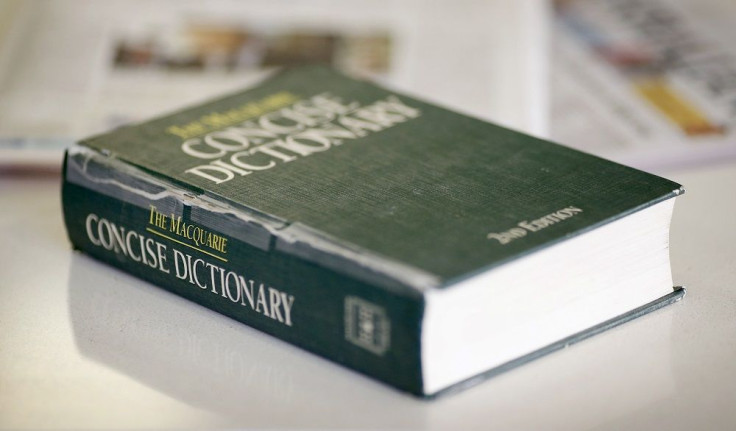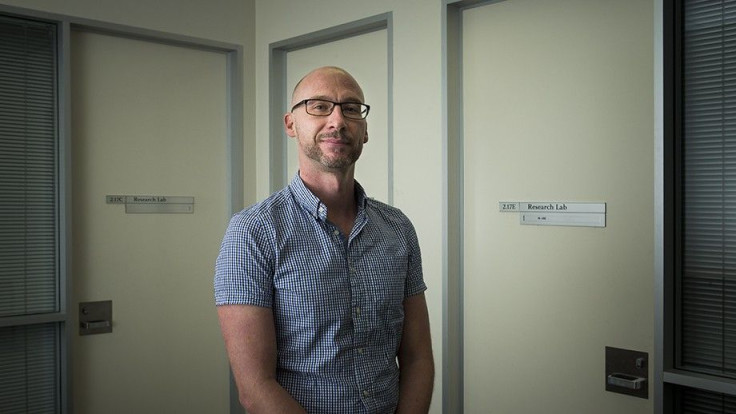Australians like people who use Aussie slang

The Australian accent is the result of alcoholic slur among drunk early settlers, a Victoria University lecturer said in October 2015. A new study on Australian language by researchers at the Australian National University (ANU) found that to be more liked by Aussies, one must use Australian slang.
The use of slang words such as “ambo,” “uggies” or “mobes” promotes common ground between speakers, explains Dr Evan Kidd, ANU lead researcher. When people use those slang words, it indicates social closeness with each other.
“Ambo” refers to an ambulance driver while “uggies” refer to ugg boots, explains ABC. The Aussie slang shortens words to end in the “o” or “ie” sound. But younger Aussies clip words to the first one or two syllables or shorten with an “s” sound. Kidd cites “mobile phone” becoming “mobes” and “maybe” becoming “maybes.”
During the study, an actor interacted with participants. The actor would or would not use a series of shortened Australian slang terms. The participants then asked to rate how much they like the actor.
When they repeated the experiment with an actor who was raised in Australia but of Asian descent, the participants liked the actor more if she used slang in her Australian English accent, but they did not like her less when she used slang in a foreign accent.

Kidd says the findings suggest that the use of slang words only have positive effect if the speaker is a member of Australian culture, based on the speaker’s accent. ANU made the study to assess the effect of generational change in the way Aussies use slang.
Such use of language would be considered for baby-talk among speakers of British English. But in Australian English, it is used in a greater amount of circumstances. Kidd stresses, “You hear it everywhere, you see it in newspaper headlines, news readers use it, politicians use it. It’s an entrenched part of our vernacular.”





















